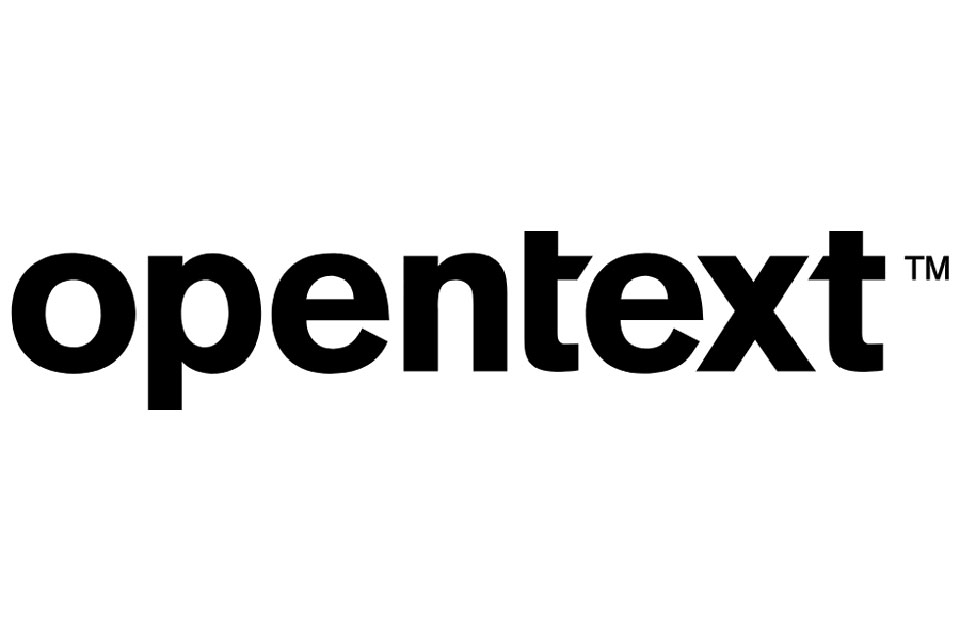Insight from Mark Morley (pictured), Director, Strategic Product Marketing, OpenText
What factors are driving businesses to reconsider their supply chain and whether it is set up for ethical sourcing?
“Last year, supply chain research specialists APICS found that 83% of supply chain professionals thought ethics were extremely or very important for their organisation. When you consider the brand and reputational damage – not to mention the legal implications – of unethical labour, it’s not difficult to see why. Every company operating in the supply chain now has a part to play when it comes to Corporate Social Responsibility.
“Additionally, customers are more informed than ever before. They are asking more questions about the products that they are purchasing and the vendors that they buy from. Vendors need to be able to answer these questions. Otherwise they risk their reputation. Thanks to modern technologies, companies can no longer absolve themselves of responsibility for what happens in their supply chains. The transparency and visibility that supply chain professionals worldwide can build into their operations are exactly what’s needed to ensure ethical policies and practices are being followed.”
What can organisations do to ensure their supply chain is ethical?
“In complex global supply chains, ensuring ethical operations is up to everyone – from a company’s employees to its suppliers, customers and trading partners. Each has a vital role to play.
“When a company doesn’t have a clear understanding of its suppliers’ operations – even at the start of a contract – how can it monitor and manage supplier performance against a backdrop of continually evolving environmental, market and political conditions?
“Ultimately, at the heart of delivering an ethical, sustainable supply chain is visibility and the key to achieving that visibility is information. An organisation must be able to access information on their suppliers and their activities. They must also be able to make that information accessible to partners and customers. Key areas such as workers’ contracts and conditions, the provenance of materials, environmental performance and financial process need to be able to be monitored, and organisations need to be able to identify any supplier breaches of their ethical policies so they can take remedial action quickly.
“As a result, the entire supply chain needs to ensure that areas such as provenance of materials and overall environmental performance are monitored and that the data accumulated is easy to access. After all, brands cannot sell stories of ethics and suitability if they cannot see the exact routes their products take, from creation to market, for themselves.”
How can setting up a more ethical supply chain create a competitive edge for the business?
“Nowadays, the majority of modern supply chain operations have become much more customer-facing, and many companies strategically use their supply chain to drive business initiatives and improve customer experience. Delivering on customer experience means understanding their needs and expectations. Today sustainability and ethical business are key differentiators. To remain competitive, leaders need to dramatically alter how their supply chains operate, including a shift away from wasteful linear models to circular models that reuse, renew and focus on responsible sourcing. Supply chains will need to limit waste production, as unnecessary waste will be viewed by society and consumers as unacceptable.
“According to EuroMonitor International, 65% of consumers now say that they attempt to make a positive difference through their choice of everyday purchases. Therefore, ensuring your supply chain promotes ethical practices throughout is a good form of marketing. It is only through achieving and being able to prove this that you can convince your customers that they are buying sustainable products from an ethical brand.
“It’s not just the right choice, it’s the smart choice and makes business sense. If you have the processes in place to ensure ethical practices are followed, you can also use these to monitor operations and ensure that processes are as smooth as possible throughout the supply chain. It can also help to ensure that your business is able to attract and retain the best talent. Job seekers often want to work for companies that are seen as more ethical and taking sustainability seriously. Attracting the right people can improve overall morale, business satisfaction and even productivity.”






